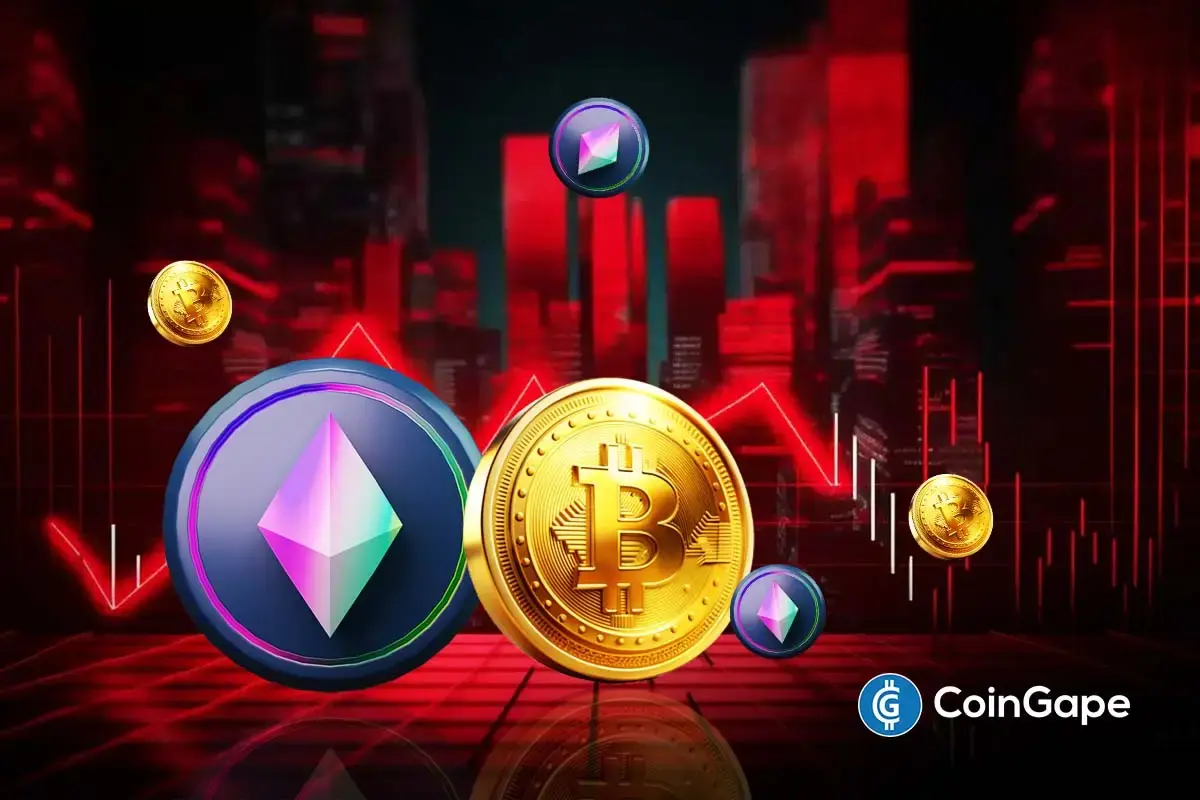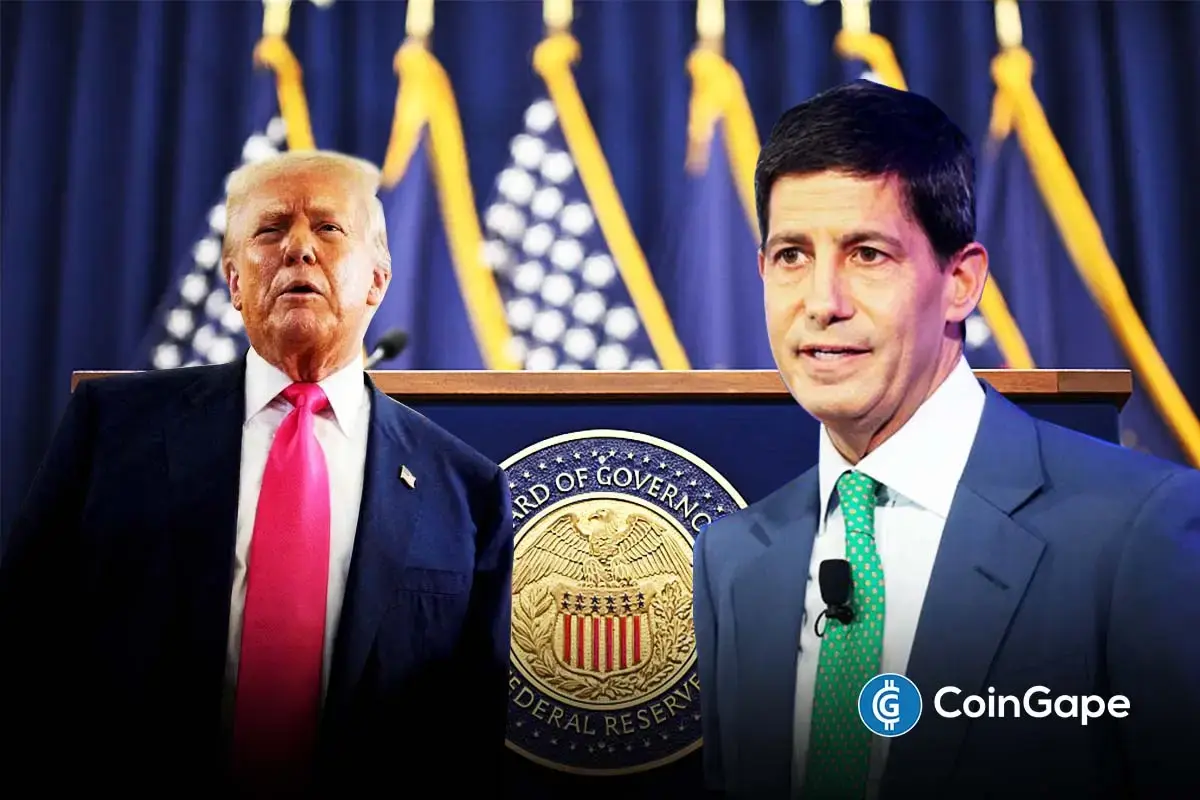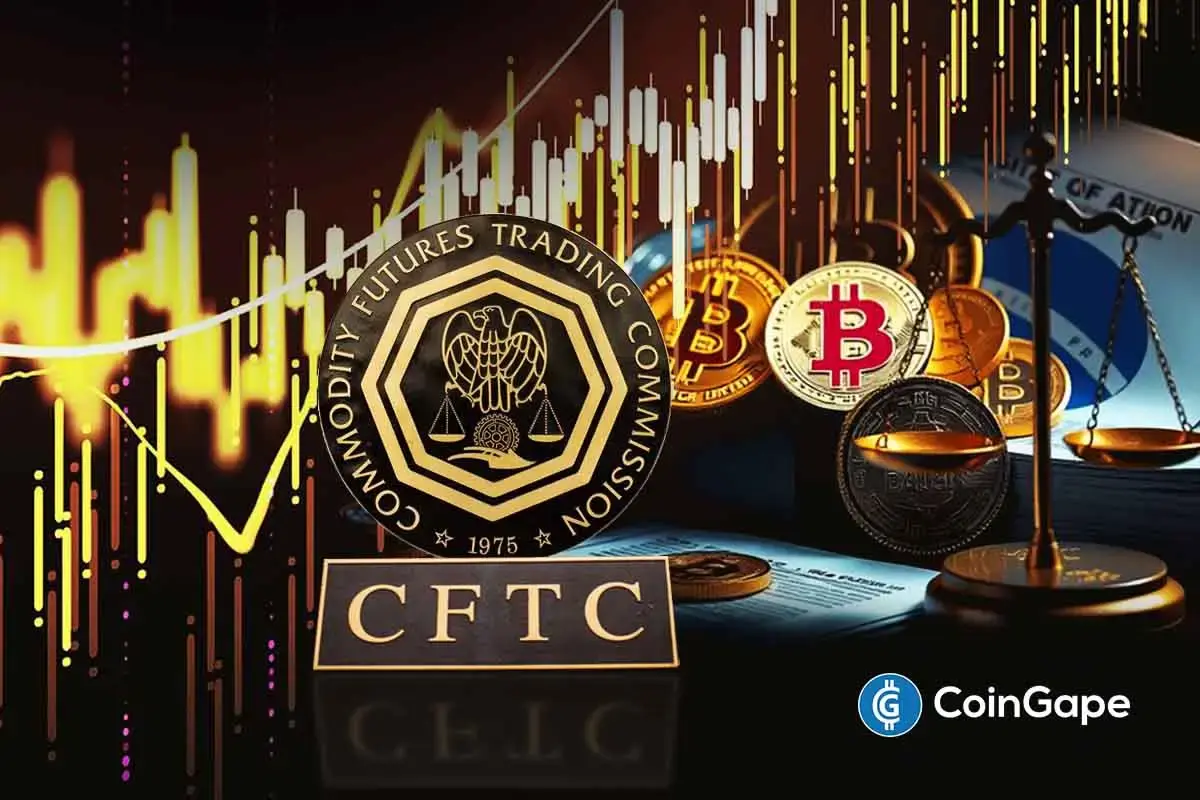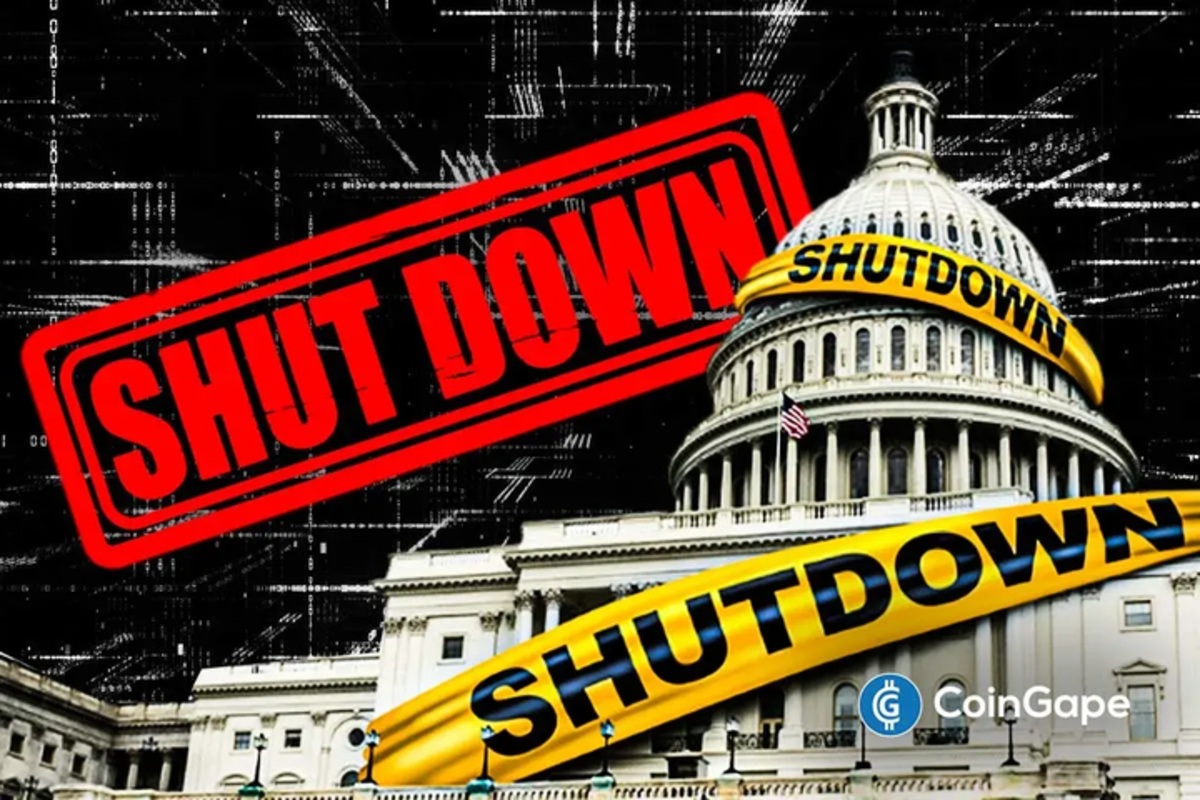Crypto-Friendly Fast Food Chains Likely to Take a Hit as Inflation Soars

Highlights
- The most recent inflation statistics from the Bureau of Labor Statistics show that the cost of eating out increased by 5.1% in January.
- The trend indicates that certain consumers may decide to cook at home more often instead of going out to restaurants as the cost increases.
- A lot of crypto-friendly fast food chains are currently headed towards a skewed outlook in the near term.
Crypto-friendly fast food chains could see a serious downturn in the future. January inflation numbers in the US showed that inflation is rising in the country creating issues with raw materials and the labor market. In an environment of expensive raw materials, fast food chains are likely to face issues with lower profit, slower footfall of customers, and higher labor costs.
America sees the cost of eating out rise in January
According to a Yahoo Finance report, there will be a greater hesitation among Americans to accept an elegant dinner invitation to the town. The most recent inflation statistics from the Bureau of Labor Statistics show that the cost of eating out increased by 5.1% in January compared to the same month last year and by 0.5% from the previous month. Conversely, grocery prices increased by 1.2% over the previous year and by 0.4% over December, but they then leveled out.
The trend indicates that certain consumers may decide to cook at home more often instead of going out to restaurants as the cost increases. The higher cost of living will also result in higher prices for raw materials creating issues with profitability.
Fast food chains that accept crypto likely to see a downturn
A lot of crypto-friendly fast food chains are currently headed towards a skewed outlook in the near term. KFC, which sells the “Bitcoin Bucket” has faced issues with poultry prices going to an all-time high last year. Following a similar suit, Starbucks, which allows its customers to pay via Bitcoin, has seen Arabica coffee’s commodity price increase by more than 40% since the pandemic began. One of the first fast-food establishments to accept Bitcoin as payment for services, Subway, has faced pressure from the rising cost of basic vegetables, bread, and other raw materials.
Apart from the basic rise in raw material cost, food chains with at least 60 sites across America will have to increase the minimum wage for restaurant employees to $20 per hour starting in April. This is likely to create issues with profitability and cash flow downturn.
Crypto transactions to inch low as fast food chains face issues
Crypto markets will be no exception in terms of being a victim of rising inflation. As restaurants struggle to keep their foot strong, many people might opt out of paying via crypto to the restaurants. Making a crypto transaction on any platform costs some amount of fee. With purchase power already taking a hit, many customers might want to cut back on small external fees and rather pay with cash or a card.
Another problem that the restaurant markets might face in the near term will be attracting low-income customers. There is already pressure on brands such as McDonald’s (MCD) due to this. Last week, CEO Chris Kempczinski referred to it as a “battleground” to attract low-income consumers during the company’s third-quarter earnings call. Reduced customer attractiveness may also result in fewer customers using cryptocurrency to make payments.
- Coinbase Exchange Review 2026 – A Deep Dive into Fees, Features and Security
- Crypto Traders Brace for $8.5B in Bitcoin and Ethereum Options Expiry Today
- Bitcoin Drops to Two-Month Low as Crypto Market Braces for Trump Executive Order
- Binance to Move $1B SAFU Fund Into Bitcoin Reserve Despite BTC Price Dip
- Who is the Next Fed Chair? Trump Set to Name Kevin Warsh as Powell Successor Today
- XRP Price Outlook Ahead of Possible Government Shutdown
- Ethereum and XRP Price Prediction as Odds of Trump Attack on Iran Rise
- Gold and S&P 500 Price Prediction as BTC $88K Sparks Global Risk-On Rally
- How High Can Hyperliquid Price Go in Feb 2026?
- Top Meme Coins Price Prediction: Dogecoin, Shiba Inu, Pepe, and Pump. Fun as Crypto Market Recovers.
- Solana Price Targets $200 as $152B WisdomTree Joins the Ecosystem
















